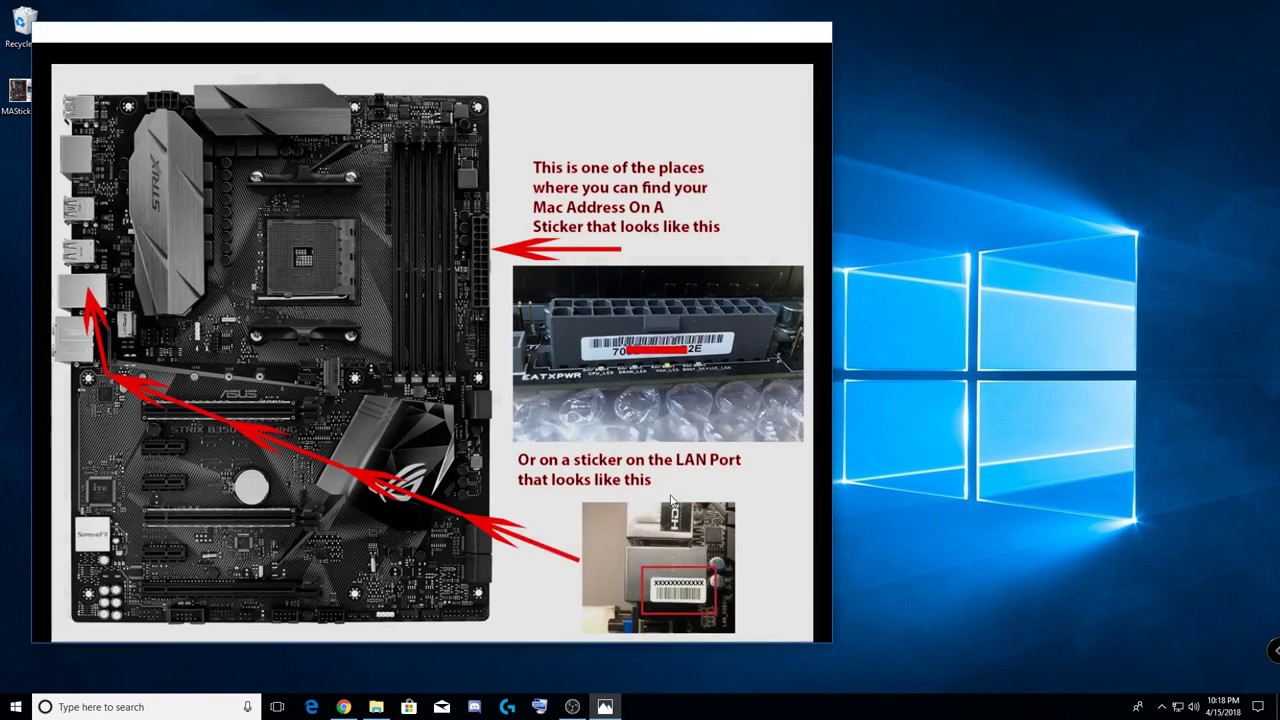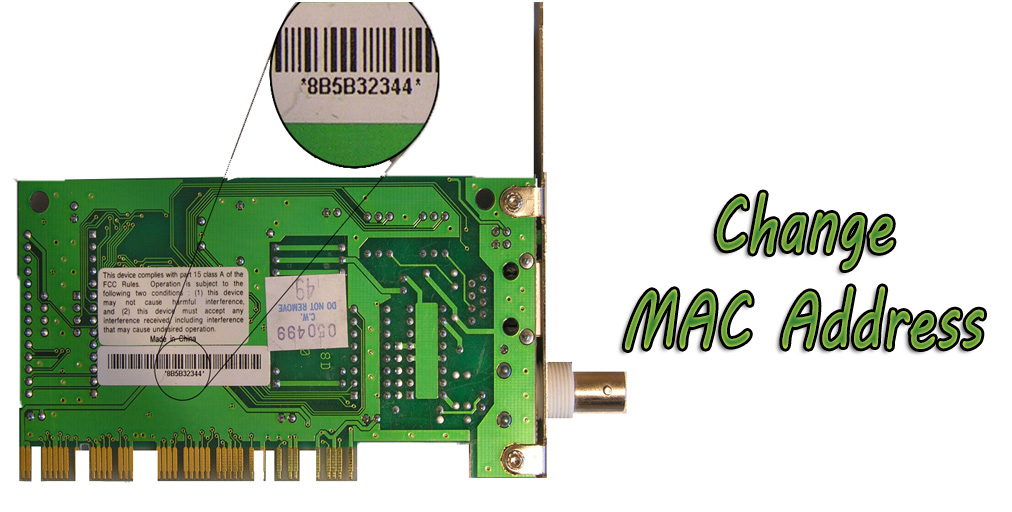

You would do this by editing the virtual machine while it is powered off and modifying the MAC address of the network adapter. Regardless of the security policy set on the switch, you can change the Initial Address to whatever you want. Runtime Address = The effective address as viewed by a port on the virtual switch.In most situations, the guest OS will simply copy the initial address. Effective Address = The address assigned by the guest OS to the network adapter.Cannot be changed by the guest OS, but can be changed by a vSphere Admin via the GUI or editing the vmx file. Initial Address = Similar to a burned in address, this MAC is set by the configuration file (vmx) for the virtual network adapter.The end result is a runtime address applied to the virtual port based on the effective address.

This is much like having a physical network card in your server and letting the guest OS simply use that burned in address without altering it.

When a VM is powered on, the initial address is assigned to the virtual network adapter and the guest OS will usually set the effective address to the same value. If you look at your virtual machines, they should pretty much all start with those same three bytes.

By default, the MAC is auto generated by vSphere using an Organizationally Unique Identifier (OUI) which starts with these three bytes: 00:50:56 – you can read all about that process here. Think of the intial address as the “burned in address” (BIA) used by physical cards. Typically, a VM’s MAC initial address is defined in the configuration file (.vmx) and can be viewed and altered by editing the virtual network adapter within the VM settings or by directly editing the vmx itself. In a nutshell, this policy determines if the guest OS within the virtual machine (VM) is allowed to define a new MAC address for the network adapter. One of the policies is called “MAC Address Changes” and is often met with confusion around what it does and when it goes into effect.


 0 kommentar(er)
0 kommentar(er)
